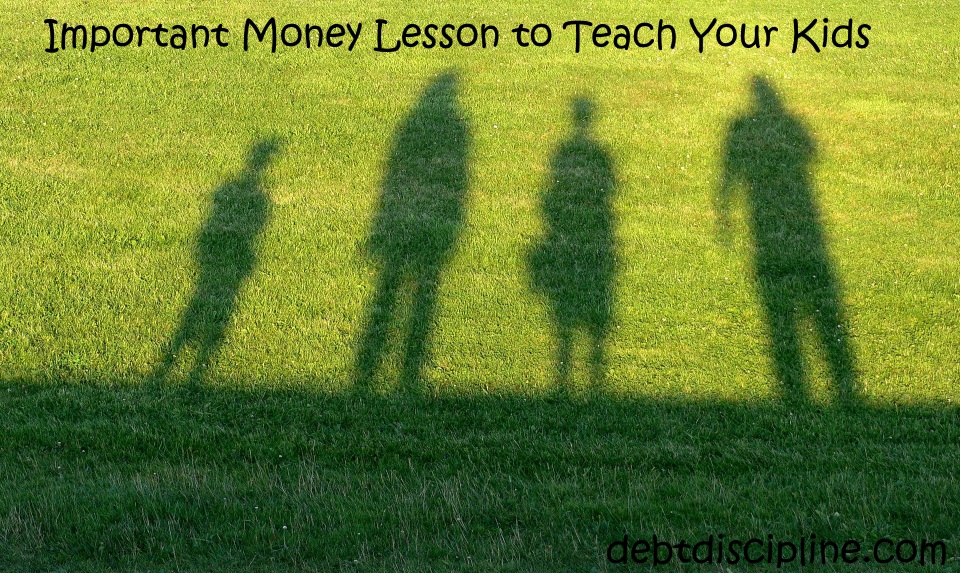Parenting is all about giving tips to children and watching them implement those tips. A good parent is one who awakens the inner person in the child without being invasive. Kids don’t want their privacy invaded.
Most parents, however, fail in this. They don’t consider kids as individuals. When teaching something to somebody, one needs to make sure the tutee has the ability to internalize the lessons. Kids have this ability better than adults.
Hence, don’t underestimate them, and deliver them the following money-related lessons:
1. Wait before buying
One should never act impatiently in money matters. The urge to purchase something is too tempting to resist. Parents need to teach kids why it’s important to wait.
Kids often demand their parents to buy them toys and other stuff. While some parents immediately give in to such demands, others don’t. Both are in the extremes and bad for kids. Parents should give their kids what they demand, but not immediately.
Children are intelligent. They can connect the dots and discover a causal relationship between two incidents. If parents buy their kids what they want, not immediately but after a bit of delay, then kids will learn the importance of patience. Later when they grow up, this will prevent them from acting hastily in financial matters.
2. Borrowing is a choice
And one shouldn’t borrow money from other/s unless it is absolutely necessary. I think everyone would agree that credit card debts are a headache. We have to clear all the debt in time (we can clear only the baseline amount, but experts recommend paying off the whole debt).
Getting the credit score report from three bureaus and tallying those reports to find inaccuracies in them is very annoying. Not using credit card/s may sound like an extreme statement. Limiting its use makes more sense.
Credit cards should be used only when it’s necessary. This is what parents need to teach their kids. It’s important to understand that using a credit card is nothing but taking a loan. Parents should encourage kids to use cash and limit using cards so that this habit stays with them forever.
3. Saving can be fun
Child psychologists believe people continue to long for stuff they consider funny long after they grow up. That doesn’t mean an adult person buys toys from toy stores; that only means he nurses a subconscious desire to play.
Saving is important in life. Parents can teach saving lessons to a child through playful activities. Here’s how they can do it:
They can give the child a weekly allowance with the following conditions: if he saves the money handed to him, then he’ll get a reward. If he spends the money in 3 days, then there will be no rewards. They can even buy their children a cookie jar so that they feel motivated to save. The idea behind this cutesy game is convincing kids that saving comes with rewards. After growing up, a child realizes how true it is, but parents need to start it early.
4. Develop budgeting skills
Kids are unaware of how adults budget. Parents need to instill budgeting skills in them and nurture those skills. Through distributing allowance, parents can educate children about the need for budgeting and the correct ways of doing it.
They can even combine it with saving. Kids can be given three options instead of one. Saving could be one of them; others could be charity and future buys. Assuming the allowance is $3, parents can insist children invest $1 in each category.
Instead of one jar, parents can use three jars with three different labels – spend, charity, and save. It’s a fun-filled game, and the best part of it is that kids happily interact with parents while playing it. The more interactive a kid gets, the better he absorbs the learning cues.
5. Tell them stories
Kids love storytelling. Parents can harness storytelling and deliver important financial lessons to kids. Instead of telling stories of fairies, they should tell kids stories of renowned financial gurus like George Soros and Warren Buffett.
In addition, parents can invent new stories so that kids learn financial planning. How about telling kids stories of the 2008 recession? Sounds like a great idea, doesn’t it? The real estate sector laid off plenty of blue-collar employees. These are not stories, these were real-life incidents.
Kids don’t understand complexities. So they won’t understand the meaning of layoff. Parents can paint layoff as bad and overcoming it via financial acumen and diligence as good. Such stories will not only entertain kids but also inspire them to gain financial insight.
Summing up
Today’s kids will become tomorrow’s adults. Unless parents guide them and teach them the useful lessons to live a frugal life and become financially independent, they’ll face problems in later stages of their lives. The five tips discussed here can help parents educate kids in the right way.
Author: Based in the Florida area, Tina Roth is a Finance blogger and web content strategist. She leads Personal Finance Blog, where she writes about her journey towards a frugal and debt-free life. She thinks 60 words is way too few to communicate why she’s interesting. So visit the blog to reach her.
